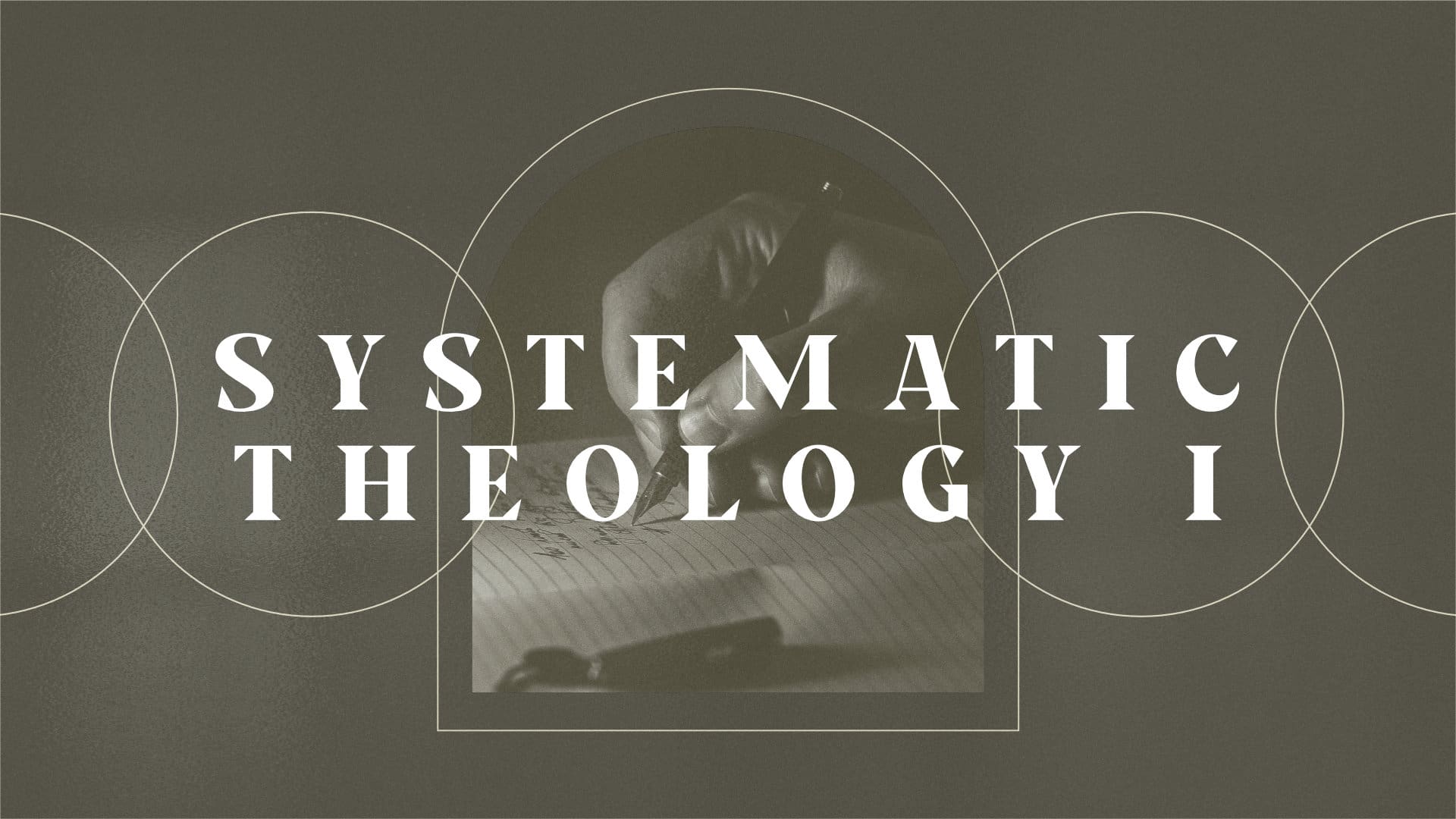Epistles are letters written for specific purposes. It is essential to determine who wrote the letter, who received it, and why it was sent.
Organization of the Epistles
- The epistles’ order is based upon size and author.
- Paul – Romans, 1 Corinthians, 2 Corinthians, Galatians, Ephesians, Philippians, Colossians, 1 Thessalonians, 2 Thessalonians, 1 Timothy, 2 Timothy, Titus, Philemon
- ? – Hebrews
- James – James
- Peter – 1 Peter, 2 Peter
- John – 1 John, 2 John, 3 John
- Jude – Jude
Rules for Reading the Epistles
- The epistles are occasional documents.
- They are written arising out of a need and intended for a specific audience.
- Epistles are letters, but they are different in that they are an artistic, literary genre that was intended for public reading.
- Epistles were not intended to serve as a theological treatise. They do not contain the entirety of the author’s theology.
Typical Order of an Epistle
- Name of the author
- Name of the recipient
- Greeting
- Prayer wish or thanksgiving
- Body
- Farewell
How to Study the Epistles
Historical Context
- Reconstruct the situation to which the author is speaking
- Make notes of written clues
- What you notice about the recipients
- Author’s attitude
- Anything mentioned to the specific occasion of the letter
- The epistle’s natural, logical divisions
Literary Context
- Trace the author’s argument
- Must begin to think paragraphs
- Acknowledge difficulties
- The texts are sometimes challenging to understand because they simply were not written to us.
- Even if you are uncertain about specific details, the whole passage’s plain meaning is usually still within grasp.
- In difficult situations, get some good help.
Hermeneutical Reminders
- The text cannot mean what it never meant.
- We are searching for authorial intent.
- In most cases, a clear principle has been articulated that transcends the historical particularity. We can understand and apply it.
Hermeneutical Guidelines
- Distinguish between the essentials and the non-essentials of the writings.
- Distinguish between what is moral and what is immoral.
- Don’t expect the epistles to answer questions that have not been asked yet.



![Nehemiah [Series Overview]](https://b2270858.smushcdn.com/2270858/wp-content/uploads/2022/09/NEHEMIAH-SERIES-OVERVIEW.jpg?lossy=1&strip=1&webp=1)







